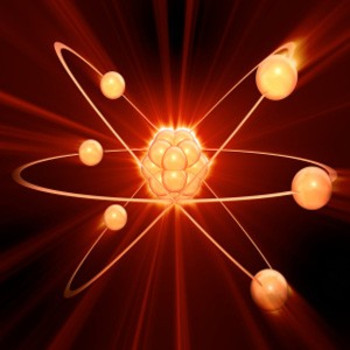What is phosphorylation and why is it important?
2 Answers
The covalent addition of a phosphate group to a molecule.
Explanation:
Phosphorylation is an important mechanism by which the activity of proteins can be altered after they are formed. A phosphate group (
Phosphorylation is the addition of a phosphate group to a molecule.
Explanation:
The addition of a phosphate molecule to a polar alkyl ( R ) group of an amino acid residue can turn a hydrophobic portion of a protein into a hydrophilic and polar portion. Thus inducing a conformational change in the structure of the protein.
Phosphorylation usually mediates the working and inhibition of many enzymes.
Phosphorylation is important in protein degradation.
Phosphorylation is an extremely vital component in transport, control and efficiency during glycolysis.
Protein phosphorylation plays a significant role in several cellular processes and has special significance in biochemistry of living organisms.


